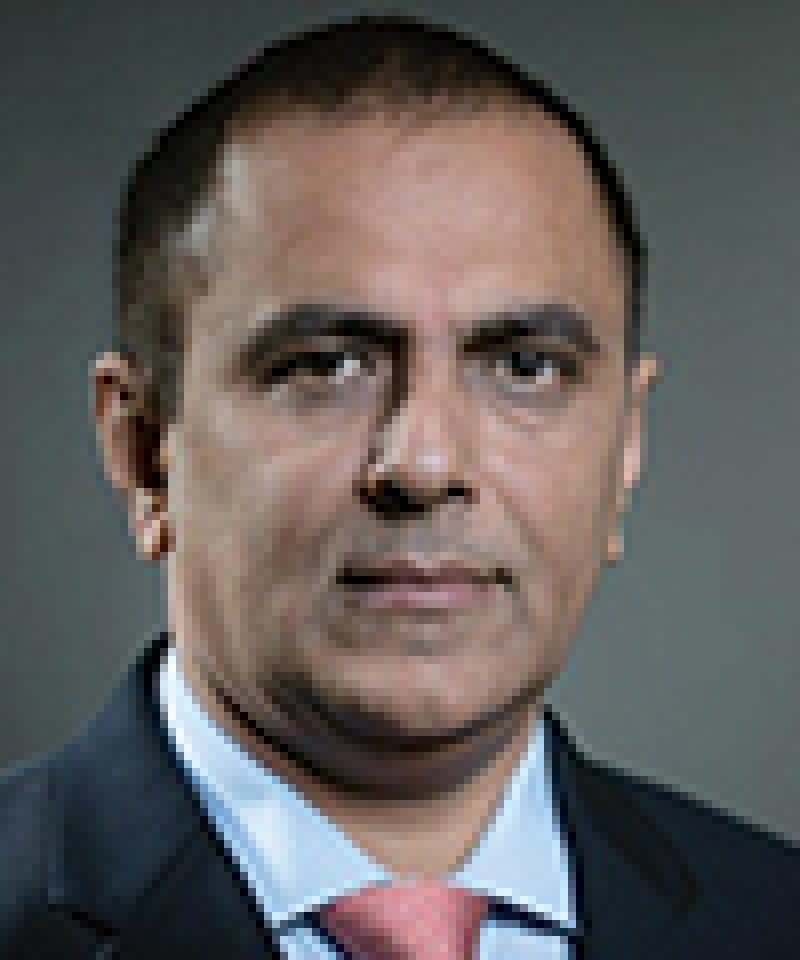
|

|
Rakesh Dharawat |
Hariharan Gangadharan |
The case relate to the constitution of a permanent establishment arising from the conduct of a Formula One race in India, and the scope of the provisions relating to disallowance of expenditure incurred for earning exempt income.
Disallowance of expenditure incurred in relation to exempt dividend income
No deduction is allowed in respect of expenditure incurred by a taxpayer in relation to exempt income. This provision is a controversial one, and the disallowance of such expenditure is one of the most common adjustments made by the tax authorities during audits.
Dividends declared by domestic companies are subject to a dividend distribution tax at the company level. A corresponding exemption was provided in the hands of shareholders in respect of such dividends. Certain taxpayers advanced an argument that since the dividend was subject to a tax in the hands of the company, it could not be considered as an 'exempt' income in an economic sense, and that the disallowance provisions contained in the law should not extend to expenditure incurred for earning dividend income.
The Supreme Court, in the case of Godrej and Boyce Manufacturing Co. Ltd. v. DCIT, (Civil Appeal No. 7020 of 2011 (Supreme Court, 8 May 2017)), rejected this argument. The Court adopted a plain and literal interpretation and held that the disallowance could apply since dividend was exempt in the hands of the shareholder. It also noted that such a view was consistent with the scheme of law and the legislative object of introducing this provision.
Separately, the Court also held that the disallowance provisions could be triggered only if it could be established that the expenditure sought to be disallowed has actually been incurred for earning exempt dividend income. In other words, if the taxpayer can establish that no nexus exists between the expenditure and the exempt dividend income, then no disallowance under this provision is warranted.
Constitution of Permanent Establishment on account of conduct of a Formula One race in India
In the case of Formula One World Championship Ltd. v. CIT (Civil Appeal No. 3849 of 2017, (Supreme Court, 24 April 2017)), the Court held that the motor racing circuit in India constituted a fixed place permanent establishment (PE) in India under the India-UK tax treaty. In coming to this conclusion, the Court upheld the finding of the Delhi High Court that as long as the presence of the taxpayer was in a physically defined geographical area, permanence in such a fixed place could be relative in the context of the nature of the business. Applying this test, the Court concluded that even though the racing event was for a limited duration, the taxpayers access to the circuit for the duration of the race, the two weeks before and one week after the race was sufficient to constitute a permanent establishment.
The quantification regarding the quantum of income attributable to the permanent establishment was left to be decided by the revenue authorities.
Rakesh Dharawat (rakesh.dharawat@dhruvaadvisors.com) and Hariharan Gangadharan (hariharan.gangadharan@dhruvaadvisors.com)
Dhruva Advisors
Tel: +91 22 6108 1000
Website: www.dhruvaadvisors.com













